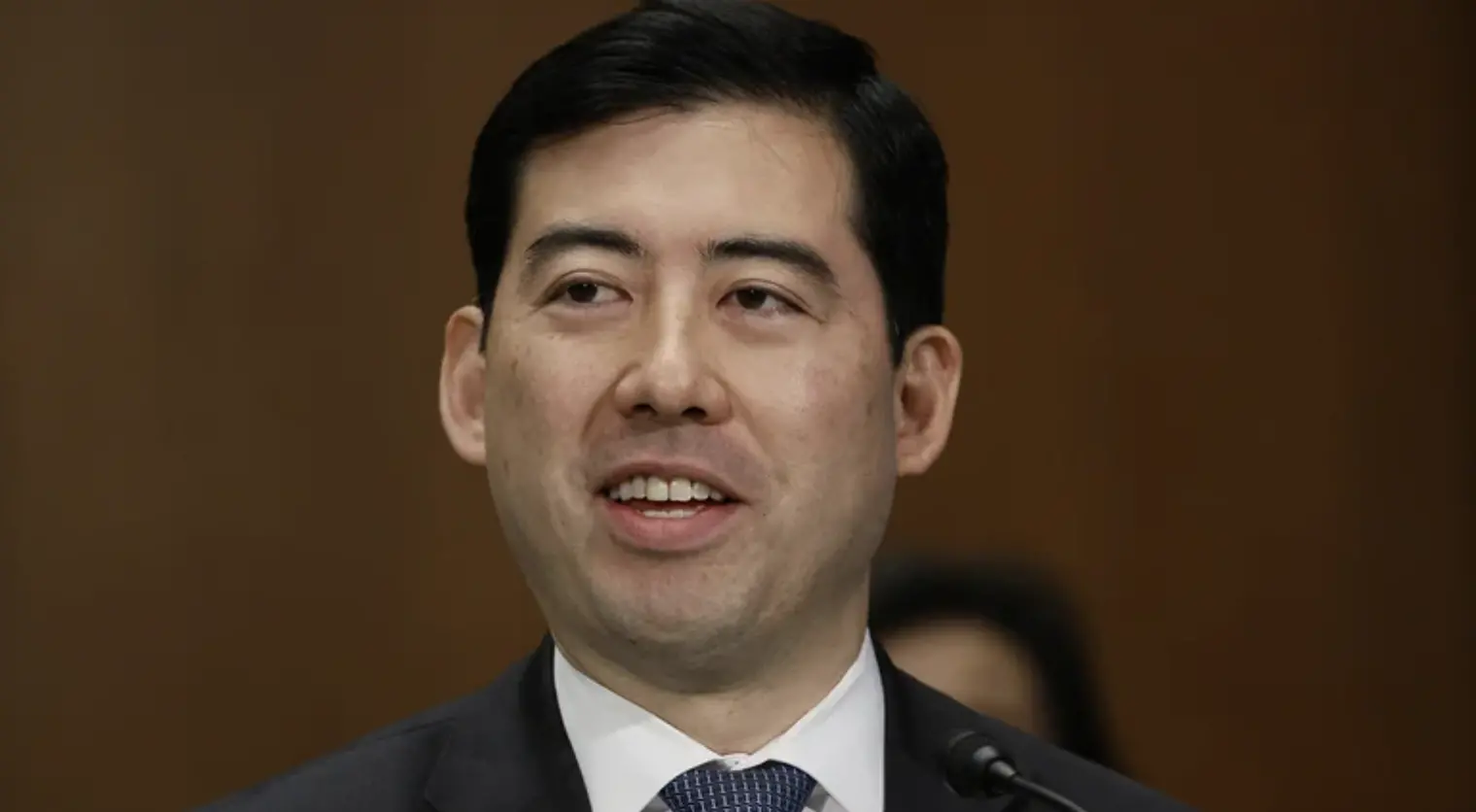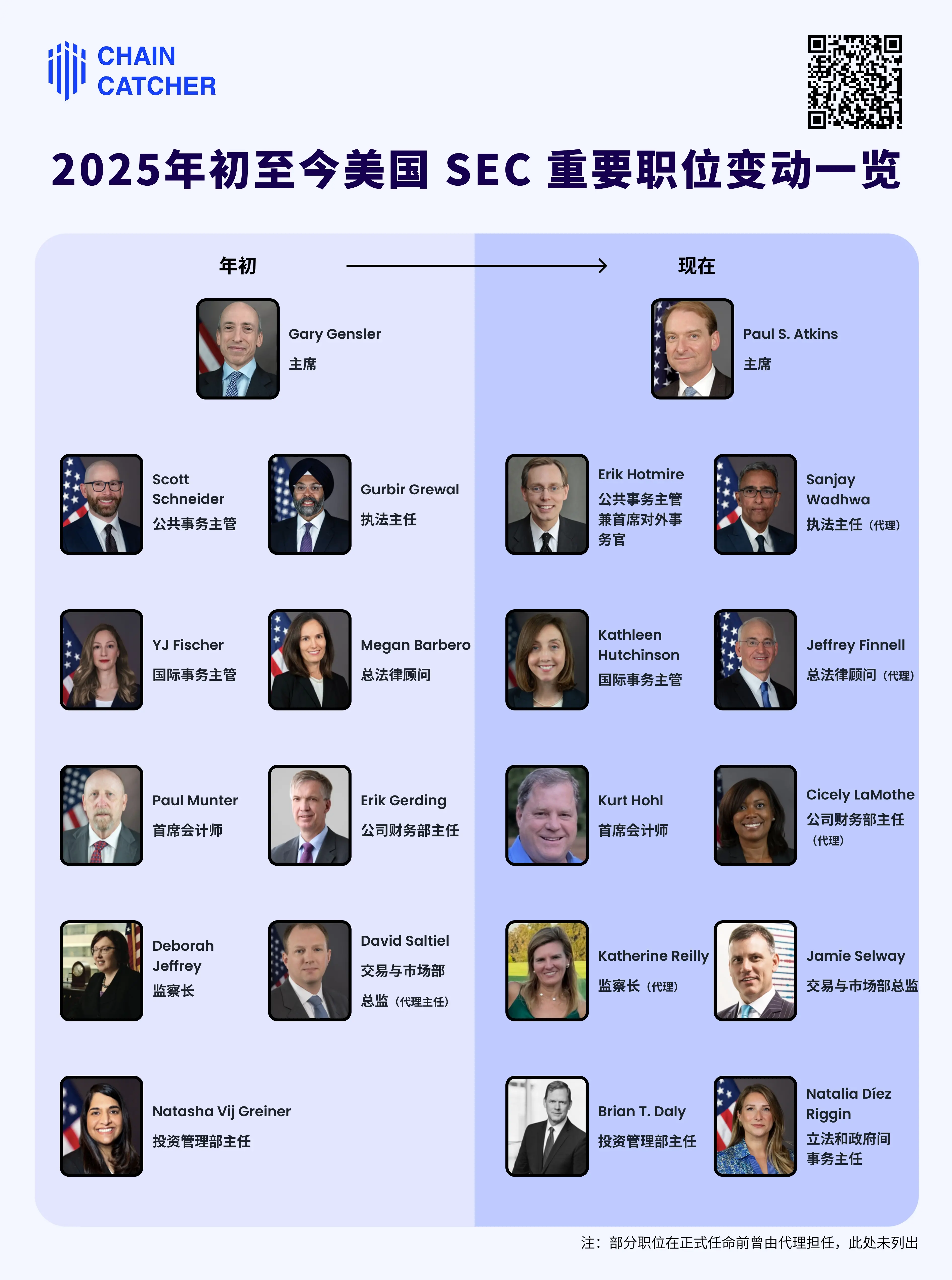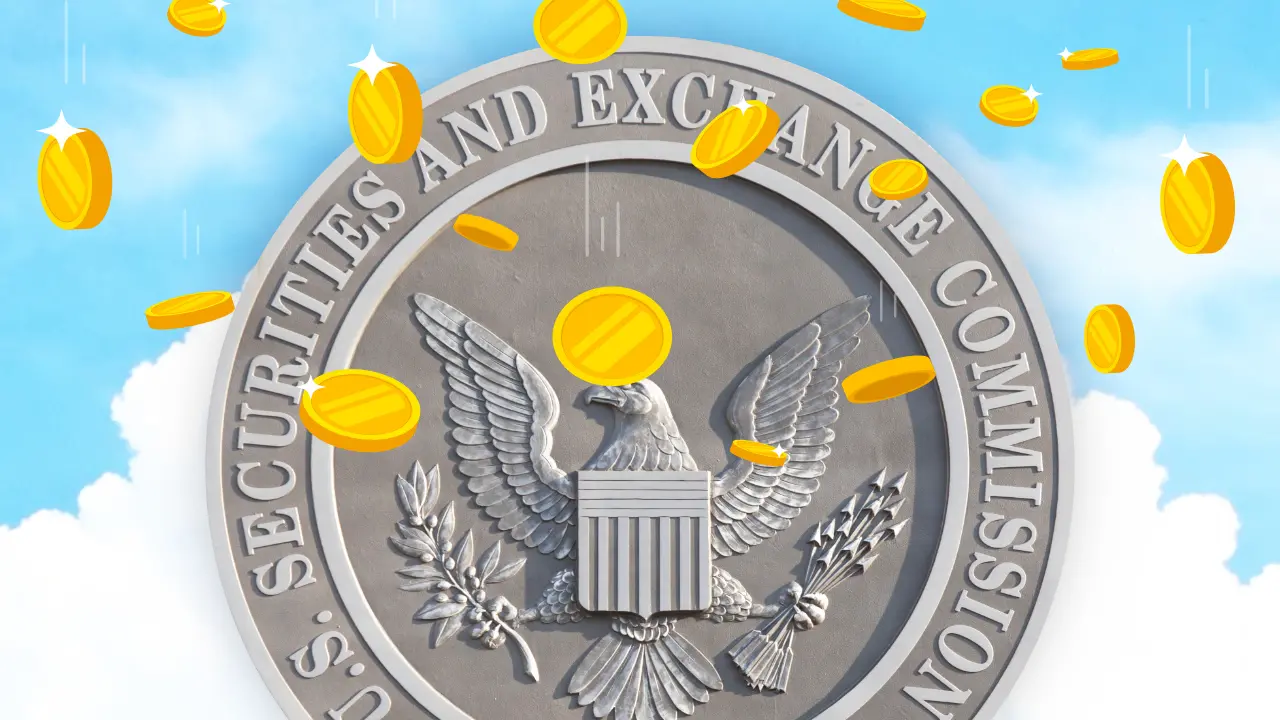作者:Fairy,ChainCatcher
编辑:TB,ChainCatcher
半年内多位关键高管更换、超500人离职、部门重构……美国证券交易委员会在2025年上半年经历了剧烈的调整。
这场内部风暴,正悄然重塑加密市场的监管格局。本文将盘点 SEC 半年来的关键变动,剖析“新”SEC是否真正对加密货币敞开了友好之门。
主席三换,“调频”加密监管节奏
2025年上半年,美国证券交易委员会(SEC)经历了三位主席的更替:拜登政府时期的Gary Gensler、代理主席Mark T. Uyeda,以及现任主席Paul Atkins。与立场强硬、频繁发起执法行动的Gensler不同,Uyeda与Atkins均被认为对加密行业持更加友好的态度。
代理主席Mark T. Uyeda对加密态度一贯开放,他曾为比特币现货ETF投下关键赞成票。在短短几个月的代理期内,Uyeda迅速落实了特朗普政府的亲加密承诺:成立由 Hester Peirce 领导的“加密货币特别工作组”;撤销饱受诟病的SAB 121会计政策;并设立“网络与新兴技术单位(CETU)”,替代旧的“加密资产与网络部门”。

2025年4月,Paul Atkins正式接任SEC主席,进一步巩固了这一态度的转向。Atkins并非加密圈的陌生人:早在2017年,他便担任数字商会 Token Alliance 的联合主席,积极推动代币发行和交易的行业标准制定。据《财富》披露,Atkins持有价值约600万美元的加密相关资产,涉及Anchorage、Securitize等加密公司的股份或其他投资。
上任后,Atkins多次公开表示加密友好立场,他指出,“加密市场多年来一直被困在SEC的监管灰区”,并承诺将在其任期内“回归促进而非抑制创新的根本使命”。
核心部门大换将
除了主席更替之外,SEC 的核心部门也迎来了多项关键人事调整。以下是年初至今SEC重要职位变动情况:

在这变动的10位高管里,至少有两位新任高管被认为有加密行业经验:投资管理部主任Brian T. Daly和交易与市场部总监 Jamie Selway。
Brian T. Daly 此前是国际律所 Akin Gump 的合伙人,在其官方履历中,数字资产、加密货币与区块链被列为专长领域;而Jamie Selway 曾是 Sophron Advisors 合伙人,在 2018 至 2019 年担任加密公司 Blockchain 机构市场的全球负责人。
更关键的是,他们所掌管的两个部门在 SEC 架构中极为重要。投资管理部负责监管包括共同基金、ETF、封闭式基金以及注册投资顾问在内的投资产品与服务。交易与市场部则掌控着交易所、做市商、经纪商、清算所等市场基础设施的运作规则。也就是说,加密ETF和加密交易环境受到这两个部门的影响。
与此同时,SEC 执法部门这一关键“权力中枢”也完成换血。长期对加密态度强硬的前执法部主任 Gurbir Grewal 于 2024 年 10 月离任,其在任内主导了包括 Ripple 与 Coinbase 在内的多起重磅加密诉讼。根据 Cornerstone Research 数据,2024 年,SEC 共发起 33 起与加密相关的执法行动,涉及 90 名被告或答辩人。
Grewal 离职后,由 Sanjay Wadhwa 接任代理主任,执法力度明显趋缓。今年 2 至 3 月间,SEC 撤销了对 Coinbase、Consensys、Robinhood、Gemini、Uniswap 和 Kraken 等多家知名加密公司的诉讼。
此外,SEC 于2月底推出员工“买断计划”,向自愿离职员工提供5万美元补偿,最终超过500人选择提前离职,占机构总人数约10%。这一波“内部瘦身”,也为后续结构重组与政策转向创造了空间。
SEC 的“加密节奏”变了?
在监管动向上,SEC 正通过密集的会议与政策表态。今年上半年,SEC 已举办6场与加密相关的圆桌会议,涵盖监管框架、托管机制、资产代币化和 DeFi 等核心议题。
规则层面,其也在迈步。5月30日,SEC 发布关于 PoS 网络质押活动的政策声明,首次明确三类质押行为不构成证券发行:包括用户自行质押、非托管第三方质押,以及合规托管质押。这为当前加密质押服务提供了更清晰的合规路径。
同时,ETF 审批开始提速。6 月 11 日, SEC 向拟发行 Solana 现货 ETF 的多家机构发出通知,要求其在 7 天内重新提交修订版 S-1 文件,并承诺将在提交后30天内完成审查反馈。

人事更迭、规则松动、态度软化。这个曾让无数加密项目“如履薄冰”的机构,正在与行业重新对话。
监管并不会消失,但未来的监管,也许不再是高压之网,而是通往共建的桥。
免责声明:本文章仅代表作者个人观点,不代表本平台的立场和观点。本文章仅供信息分享,不构成对任何人的任何投资建议。用户与作者之间的任何争议,与本平台无关。如网页中刊载的文章或图片涉及侵权,请提供相关的权利证明和身份证明发送邮件到support@aicoin.com,本平台相关工作人员将会进行核查。




